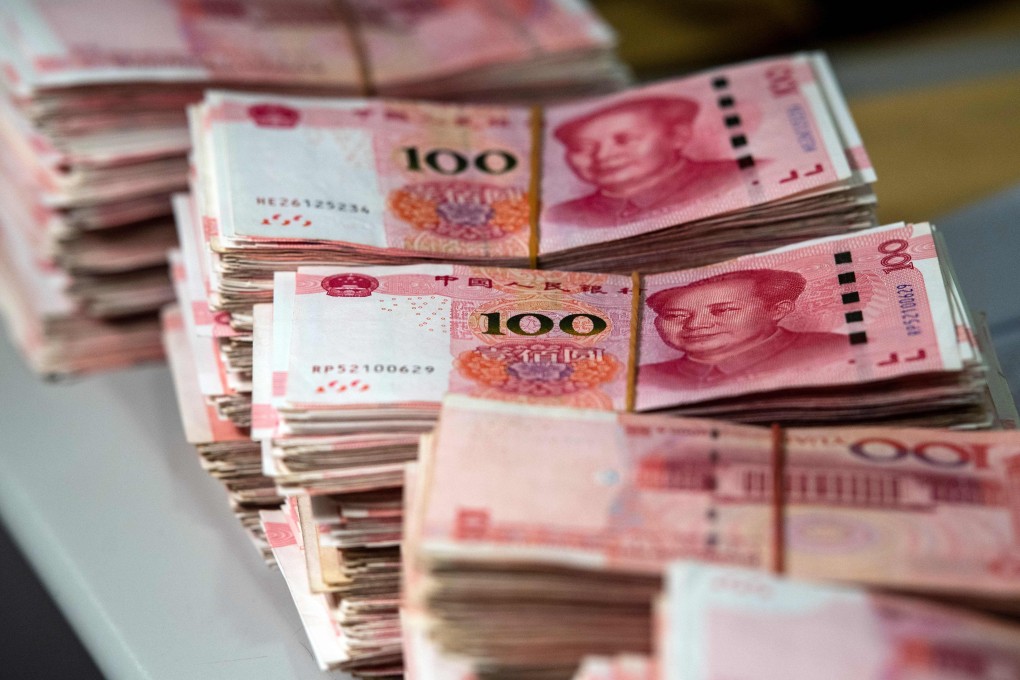Advertisement
Is this the start of an economic cold war between China and the United States?
- First it was the trade war and geopolitics, now Beijing and Washington are at odds over currency
Reading Time:3 minutes
Why you can trust SCMP

US-China relations – already frayed by trade and geopolitical tensions – are threatening to unravel after Washington designated Beijing as a currency manipulator, raising fears of an economic cold war.
Diplomatic and economic analysts expressed concern about the bleak prospect for bilateral ties, which they say could accelerate the decoupling of the world’s two biggest economies.
The US Treasury Department made the announcement about Beijing on Monday at the request of US President Donald Trump, who pledged during his campaign to name China a currency manipulator on his first day in office.
Advertisement
The announcement, the first of its kind since 1994, came just hours after China allowed the value of the yuan, its tightly controlled currency, to slide to its lowest level in a decade in retaliation for Trump’s abrupt announcement last week to impose 10 per cent tariffs on an additional US$300 billion in Chinese imports starting in September.
Huang Jing, a US specialist at Beijing Language and Culture University’s Institute of International and Regional Studies, said the rarely applied manipulation label was part of Trump’s strategy of applying maximum pressure on China.
Advertisement
Advertisement
Select Voice
Select Speed
1.00x